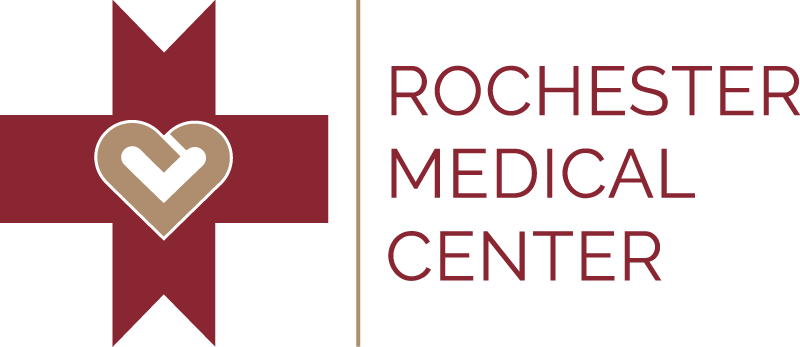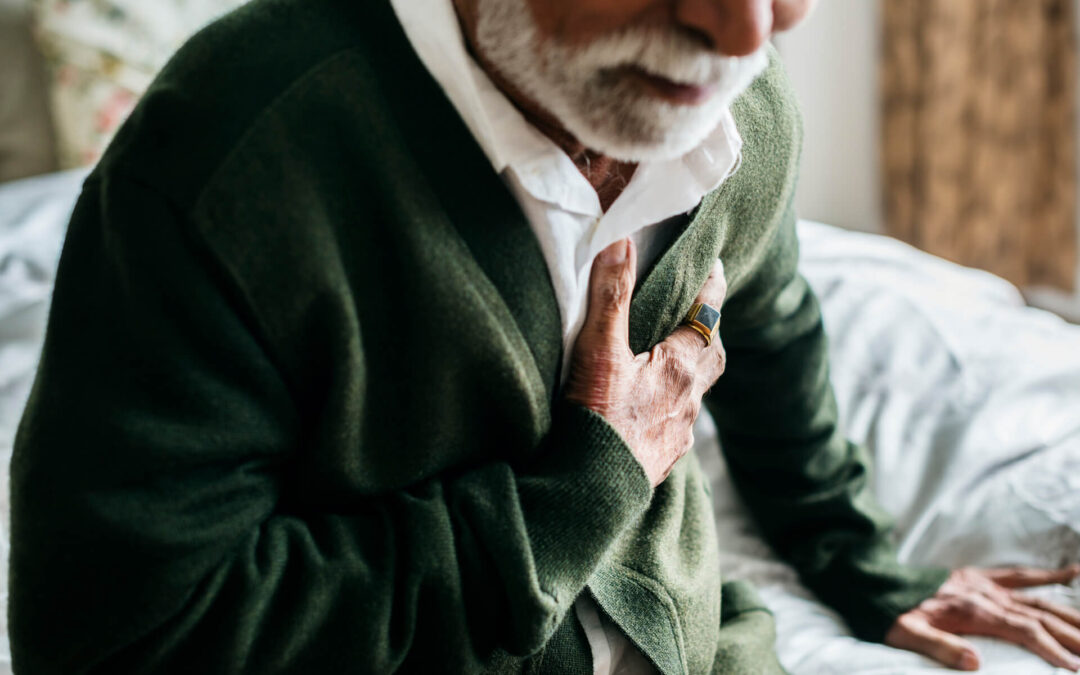The holiday season is a time of joy, celebration, and family gatherings. But for many, it can also be a time of stress, overindulgence, and a busy social calendar that involves more drinking than usual. One health risk that often flies under the radar during this season is “Holiday Heart Syndrome” (HHS). This condition, commonly related to excessive alcohol consumption, can impact even those without prior heart issues, leading to irregular heartbeats and other complications.
What is Holiday Heart Syndrome?
Holiday Heart Syndrome is a phenomenon where individuals, often without any history of heart disease, experience irregular heart rhythms, particularly atrial fibrillation, after bouts of heavy drinking. While it can occur at any time of year, it’s more common during the holidays due to the increased stress, rich foods, and alcohol intake. The term was coined in the 1970s to describe these seasonal heart rhythm disturbances in otherwise healthy individuals.
Common symptoms of Holiday Heart Syndrome include:
- Rapid or irregular heartbeat
- Dizziness or lightheadedness
- Shortness of breath
- Chest pain (in severe cases)
If you experience any of these symptoms, especially after drinking, it’s important to seek medical attention. While HHS symptoms can often resolve on their own with rest and hydration, they can also escalate to more severe issues if ignored.
Why Does Holiday Heart Syndrome Occur?
There are several reasons why Holiday Heart Syndrome is more common during this season. Here’s a look at the key factors:
Alcohol Consumption: Alcohol, especially in excess, is a known trigger for atrial fibrillation, which is a type of irregular heartbeat. Alcohol affects the electrical signals in the heart, which can lead to rhythm disturbances. This effect is compounded when large quantities are consumed over short periods, such as during holiday parties.
Increased Stress: For many, the holiday season can bring about heightened stress from family obligations, shopping, financial concerns, or travel. Stress increases levels of certain hormones, like adrenaline, which can place added strain on the heart.
Rich Foods: Holiday gatherings often include foods high in salt, sugar, and unhealthy fats, which can increase blood pressure and strain the heart, especially when combined with alcohol.
Lack of Sleep: A busy holiday schedule can often lead to late nights, early mornings, and overall poor sleep. Fatigue can also affect heart function, making it more susceptible to irregular rhythms.
How to Avoid Holiday Heart Syndrome
Avoiding Holiday Heart Syndrome doesn’t mean you need to skip out on the festivities altogether. Here are some practical tips to help keep your heart healthy while still enjoying the season.
Practice Moderation with Alcohol
Set a Limit: Before going to an event, decide on a reasonable drink limit and stick to it. Experts suggest no more than one drink per hour and a maximum of one drink per day for women or two for men.
Avoid Binge Drinking: Try to spread any alcohol consumption over time rather than drinking heavily all at once.
Reduce Holiday Stress
Plan Ahead: Prepare for holiday activities, shopping, and travel in advance to reduce last-minute stress. This can prevent the adrenaline surges that place added strain on the heart.
Take Breaks: Make time for yourself to rest, meditate, or simply enjoy quiet moments. Even a 5–10-minute relaxation exercise can make a big difference.
Stay Active: Physical activity is a great way to relieve stress. Even a brisk walk can boost mood and support heart health.
Watch Your Diet
Limit Salt: Salty snacks and rich holiday meals can lead to higher blood pressure, making the heart work harder. Opt for lower-sodium versions of your favorite dishes when possible.
Stay Mindful of Portions: It’s easy to overeat during the holidays, but sticking to smaller portions of rich foods can help prevent bloating and heart strain.
Prioritize Rest
Stick to a Sleep Schedule: Try to maintain a consistent sleep schedule, even with holiday parties. Good quality sleep gives your heart time to rest and recover.
Avoid Excess Caffeine: Too much caffeine can disrupt sleep and increase heart rate, so try not to rely on coffee or energy drinks to power through long days.
Be Mindful of Symptoms
If you feel any symptoms of Holiday Heart Syndrome—such as a racing heart, dizziness, or shortness of breath—don’t ignore them. Seek medical advice, especially if symptoms persist or worsen.
Most cases of Holiday Heart Syndrome are short-lived and will resolve on their own, especially if alcohol intake is reduced and proper rest is taken. However, if symptoms persist or if you experience severe chest pain, fainting, or difficulty breathing, it’s crucial to seek immediate medical care. At Rochester Medical Center, we’re here to help you stay heart-healthy, both during the holidays and beyond.
While it’s easy to get caught up in the whirlwind of holiday parties and family dinners, taking small steps to moderate alcohol, reduce stress, and listen to your body can make a big difference. With a little mindfulness, you can enjoy the holiday season without putting unnecessary stress on your heart.
Remember: A healthy holiday season is about balance. Take the time to care for your heart so you can fully enjoy all the festivities and feel your best heading into the New Year!



